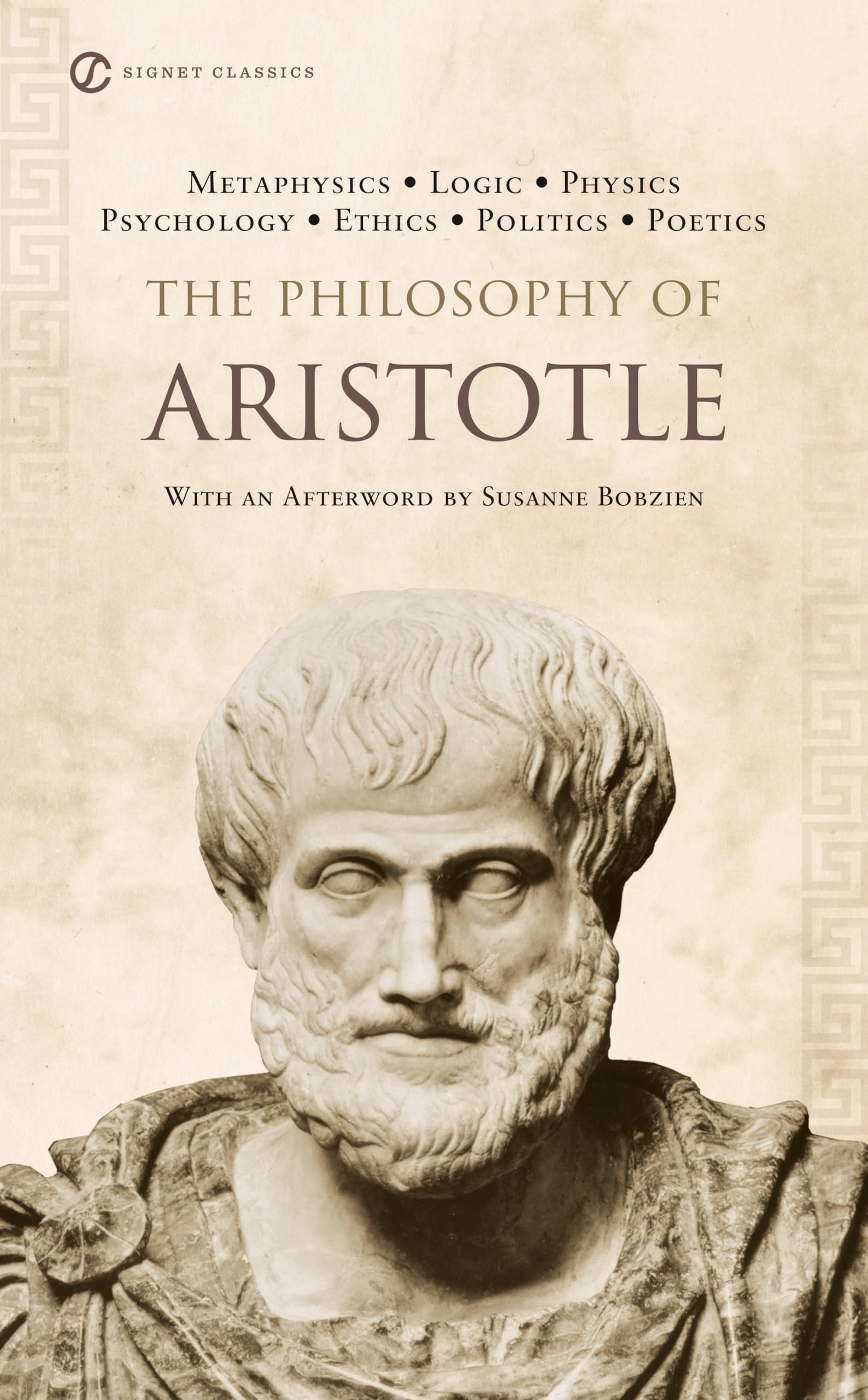معلومات عنا
حقوق الطبع والنشر © 2024 Desertcart Holdings Limited


📖 Unlock Aristotle’s wisdom—because your mind deserves the classics.
The Philosophy of Aristotle is a 501-page English-language print book published by Signet Book, highly rated (4.4/5) by 291 readers. It ranks within the top 200 in Ethics & Morality and Western Philosophy categories, making it a must-have for professionals eager to engage with foundational philosophical ideas.

| Best Sellers Rank | #42,787 in Books ( See Top 100 in Books ) #129 in Ethics & Morality #158 in Western Philosophy #232 in Philosophy Movements |
| Customer Reviews | 4.4 out of 5 stars 291 Reviews |
J**N
Not recommended at all
Text is so small. SENTENCE Is vague as if the author didn't know how to put sentences together so he just copied vage text from dictionary. Hard read hard to understand hard to see and not nice at all to read.
ترست بايلوت
منذ أسبوع
منذ شهر
منذ شهرين
منذ 5 أيام